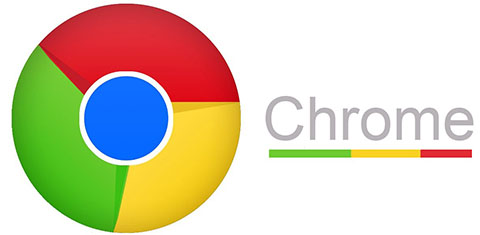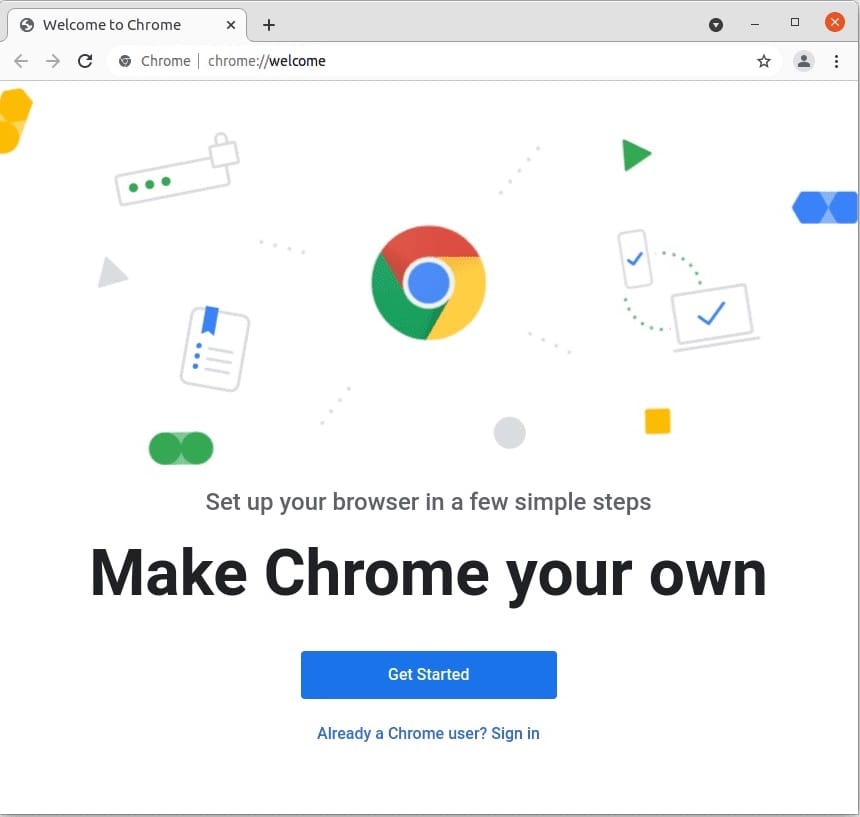How To Install Google Chrome on Linux Mint 21

In this tutorial, we will show you how to install Google Chrome on Linux Mint 21. For those of you who didn’t know, Google Chrome is one of the most widely used web browsers in the world, known for its speed, simplicity, and extensive feature set. While Linux Mint comes pre-installed with the Mozilla Firefox browser, many users prefer the Chrome experience.
This article assumes you have at least basic knowledge of Linux, know how to use the shell, and most importantly, you host your site on your own VPS. The installation is quite simple and assumes you are running in the root account, if not you may need to add ‘sudo‘ to the commands to get root privileges. I will show you the step-by-step installation of a Google Chrome web browser on a Linux Mint 21 (Vanessa).
Prerequisites
- A server running one of the following operating systems: Linux Mint 21 (Vanessa).
- It’s recommended that you use a fresh OS install to prevent any potential issues.
- SSH access to the server (or just open Terminal if you’re on a desktop).
- A
non-root sudo useror access to theroot user. We recommend acting as anon-root sudo user, however, as you can harm your system if you’re not careful when acting as the root.
Install Google Chrome on Linux Mint 21 Vanessa
Step 1. Before running the tutorial below, it’s important to make sure your system is up to date by running the following apt commands in the terminal:
sudo apt update sudo apt install software-properties-common apt-transport-https wget ca-certificates gnupg2
Step 2. Installing Google Chrome Web Browser on Linux Mint 21.
- Install Chrome via Google Chrome Repository.
By default, Chrome is not available on the Linux Mint 21 base repository. Now we add the Google Chrome repository to your system using the following command:
echo deb [arch=amd64 signed-by=/usr/share/keyrings/google-chrome.gpg] http://dl.google.com/linux/chrome/deb/ stable main | sudo tee /etc/apt/sources.list.d/google-chrome.list
Next, import the GPG key:
sudo wget -O- https://dl.google.com/linux/linux_signing_key.pub | gpg --dearmor | sudo tee /usr/share/keyrings/google-chrome.gpg
Now start by updating the packages list and install Google Chrome stable by using the command below:
sudo apt update sudo apt install google-chrome-stable
- Installing Google Chrome via Command Line.
Downloading the Google Chrome .deb package using wget command:
wget https://dl.google.com/linux/direct/google-chrome-stable_current_amd64.deb
Once the download is complete, use the dpkg command to install the package:
sudo dpkg -i google-chrome-stable_current_amd64.deb
If you encounter any dependency issues, you can resolve them by running:
sudo apt -f install
Step 3. Accessing Google Chrome on Linux Mint 21.
Once we finish with the installation, we will find Chrome in the Mint menu, in the Accessories section or you can launch it through the terminal with the help of the command shown below:
google-chrome

Congratulations! You have successfully installed Chrome. Thanks for using this tutorial for installing the latest version of Google Chrome on the Linux Mint system. For additional help or useful information, we recommend you check the official Chrome website.